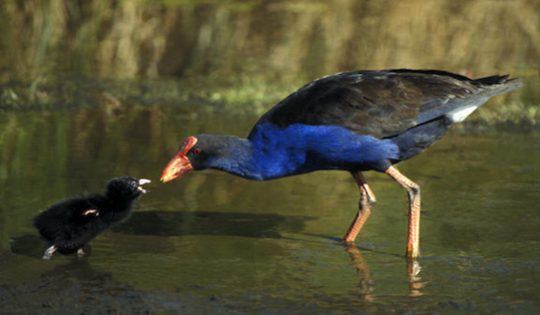So it seems that Twitter is just a frivolous development not really worthy of our attention and surely no serious person would bother with it. But then that’s what they said about the telephone too…
Which got me thinking. When I worked in a science environment we had lots of really clever people (it was rocket science) and one of the problems was that they got old and retired – how inconsiderate. Succession planning and knowledge transfer was a nightmare. All that knowledge went with them so we ended up having to bring them back in when they should have been enjoying a well earned retirement. We used to daydream about being able to slurp all the knowledge out of their heads with a psychic vacuum cleaner.
And it’s not just in science either.

